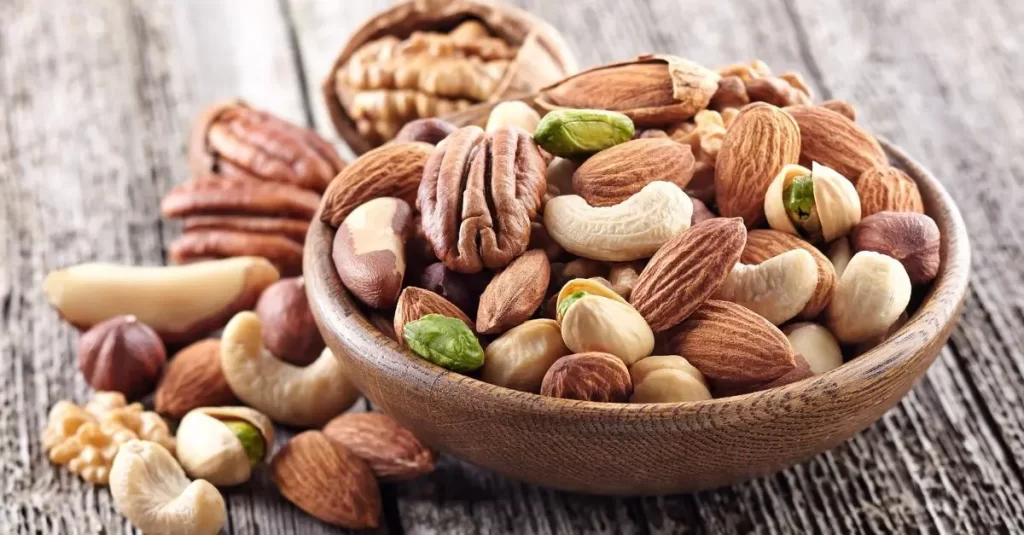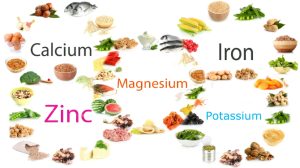
Minerals are an essential part of our diet, playing a vital role in many bodily functions
From strengthening bones to maintaining healthy blood pressure, minerals are crucial for our overall well-being. While we can get minerals from supplements, it’s always best to get them from natural food sources. In this article, we’ll explore the nutritional benefits of foods high in minerals
Leafy Greens
Leafy greens like spinach, kale, and collard greens are excellent sources of minerals like calcium, iron, magnesium, and potassium. These minerals play a significant role in maintaining healthy bones, teeth, and muscles. They also help to regulate blood pressure and promote healthy digestion.
Nuts and Seeds
Nuts and seeds are rich in minerals like zinc, iron, magnesium, and selenium. These minerals help to boost the immune system, promote healthy skin, and support cognitive function. Nuts and seeds also contain healthy fats that can help to reduce inflammation in the body.
Whole Grains
Whole grains like quinoa, brown rice, and oats are excellent sources of minerals like iron, magnesium, and selenium. These minerals are important for maintaining healthy blood sugar levels and promoting healthy digestion. Whole grains are also rich in fiber, which can help to lower cholesterol levels and reduce the risk of heart disease.
Seafood
Seafood like salmon, tuna, and shrimp are rich in minerals like zinc, iron, and selenium. These minerals help to promote healthy skin, boost the immune system, and support cognitive function. Seafood is also an excellent source of omega-3 fatty acids, which can help to reduce inflammation in the body.
Dairy Products
Dairy products like milk, cheese, and yogurt are excellent sources of minerals like calcium and potassium. These minerals are essential for maintaining healthy bones, teeth, and muscles. Dairy products are also a good source of protein, which is important for building and repairing tissue in the body.
Fruits
Fruits like bananas, avocados, and citrus fruits are rich in minerals like potassium, magnesium, and calcium. These minerals help to regulate blood pressure, support healthy bones, and promote healthy digestion. Fruits are also rich in antioxidants, which can help to reduce the risk of chronic diseases.
In conclusion, incorporating mineral-rich foods into your diet is crucial for maintaining optimal health. These foods provide essential minerals that play a vital role in many bodily functions, from maintaining healthy bones to supporting cognitive function. By incorporating leafy greens, nuts and seeds, whole grains, seafood, dairy products, and fruits into your diet, you can ensure that your body is getting the minerals it needs to function at its best.


